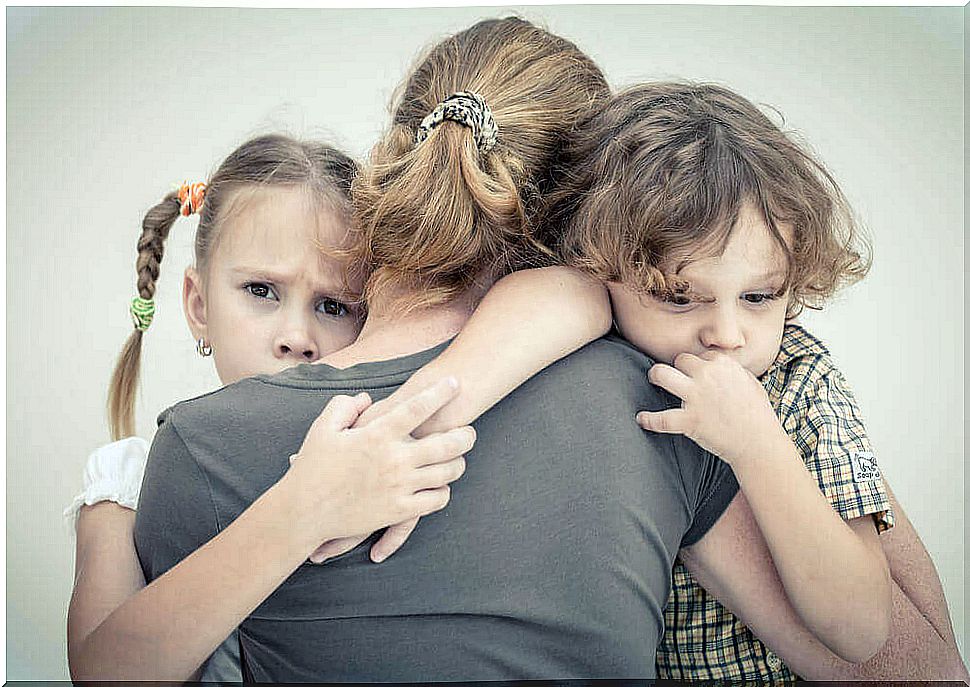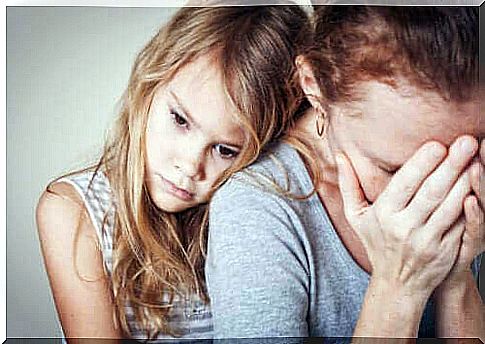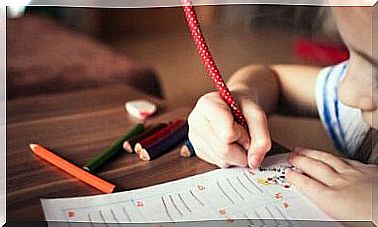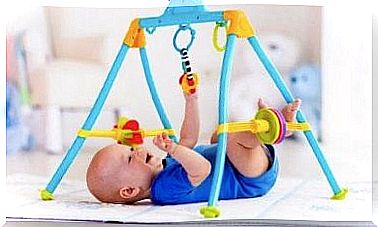Control Your Anxiety Without Affecting Your Children

In this article, we will help you manage your anxiety to prevent your anxiety from affecting your children. Children imitate what they see in their parents… our gestures, our words and the things we do.
If you scream, your children will scream. If you read, they will read. And if you are anxious, then they will also feel that fear and act on those feelings. This is true even if they don’t really understand what’s going on or why you’re scared.
Children can see when their parents are anxious
It is normal for children to detect and imitate their parents’ fears. Children are very in sync with their parents’ stress levels and suffer from passive stress more than we often realize. Their brains are still developing and they are very sensitive to environmental stressors, including their parents’ behavior.
In fact, studies have shown that even when children don’t experience a stressful situation firsthand, they feed on their parents’ energy. And the more anxious parents are, the greater the stress and anxiety levels will be in their children. In other words, it is very easy to pass on your fear to your children without realizing it.
Our children’s brains are like sponges. They admire us, model our behavior and get directions about their own safety according to our own behavior and the things we say.
When your children notice that you are worried or afraid, they begin to feel insecure about the world. Likewise, when parents model healthy ways of coping with intense emotions, parents can teach their children not to be afraid or restless. They can confront it sooner and resolve it.
Controlling Your Anxiety: Learn to Face Your Fears

So what can you do the next time you start to feel anxious? Recognize and accept your feelings first. Don’t try to fight or ignore them. Doing so will only worsen the symptoms and make your anxiety worse. Remember that fear is just a feeling, just like any other feeling.
Instead of trying to escape your fear, learn to face your fears and overcome them. The best way to deal with fear is to look it in the eye. Anxiety is a learned behavior that you can also unlearn by bringing yourself into contact with your fear over and over until it disappears.
Controlling Your Anxiety: Doubting Your Anxiety
Be realistic about your fear. Ask yourself: What’s the worst that could happen? Is it likely to happen? This will help you challenge your thoughts and realize how unrealistic and improbable your worries are.
At the same time, it’s important to find a technique that helps you face what’s going on. For example:
- Breathing: Deep breathing exercises are a good strategy for reducing anxiety. Activate your body’s relaxation response. Try to inhale, counting to 4, and then count to 4 again, exhaling slowly. Then repeat several times.
- Find a safe place for yourself. Many people also find it helpful to stop what they are doing and move to a quiet place. A few minutes of silence with your thoughts can help you reboot.
- Seek distraction: When you’re anxious, your brain speeds up and your thoughts begin to speed up. It is important to stop thinking for a while and slow down your thoughts. You can perform certain activities that distract your mind and engage the logical side of your brain. For example, listen to a podcast, count numbers or tell a story.
- Look for activities that are goal-oriented. If you have enough time, turn your attention to a meaningful and purposeful activity. This could be something as simple as washing your clothes, going to the movies, or walking your dog.
Talk to your kids about what’s going on and what you’re experiencing

If you lose control and start to stress in front of your children, talk to them about your feelings. Show them that anxiety is very common and something you can deal with.
Show your kids that you are facing your fear and using strategies to deal with it. That way, they are more likely to model the same positive behavior.
This teaches them that it’s okay to be anxious and that they can handle the situation. As a result, they will feel more comfortable and safe exploring and playing the world around them.
Raising children has a lot to do with teaching them to deal with things they can’t see. Show that it is better to face and overcome irrational fears than to express them or try to escape them.









